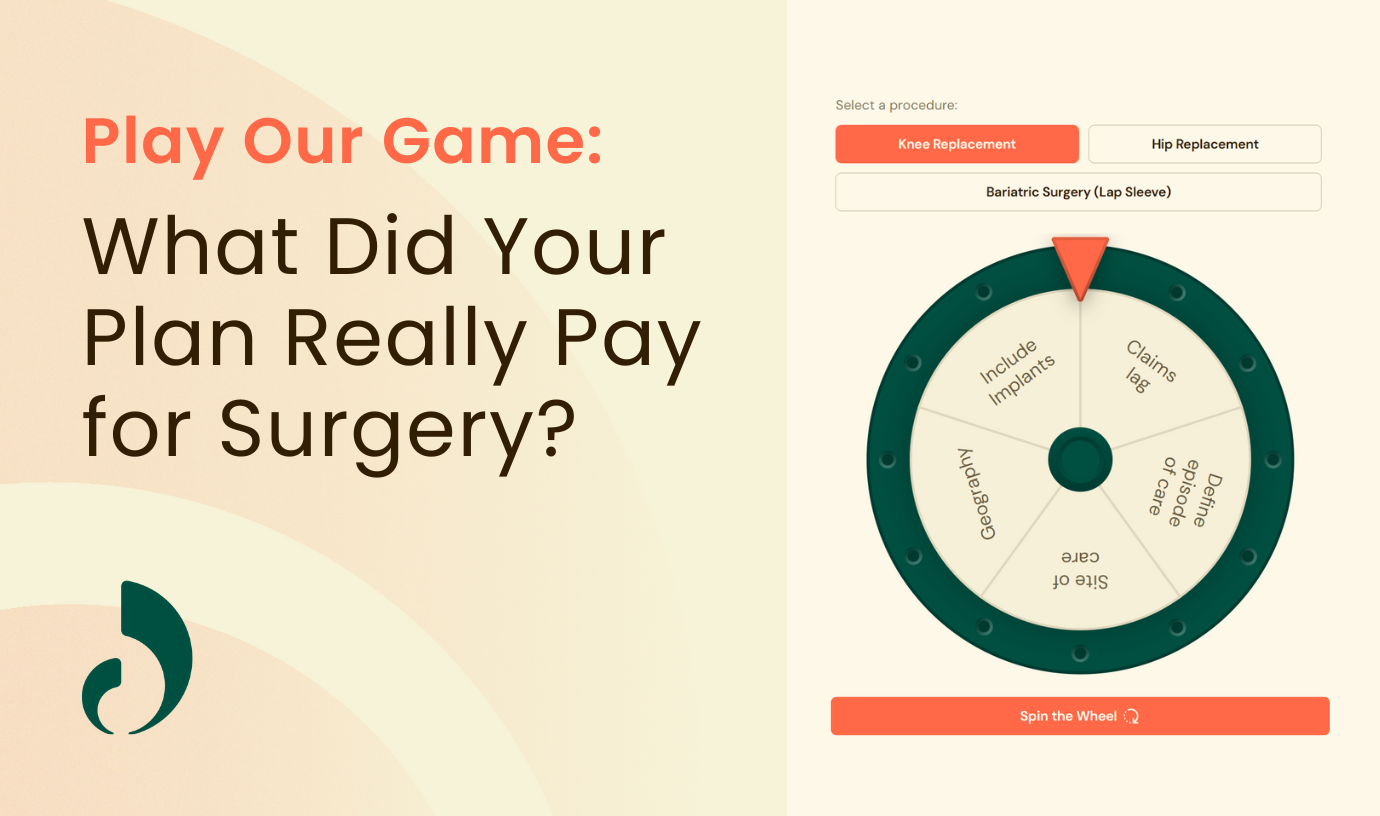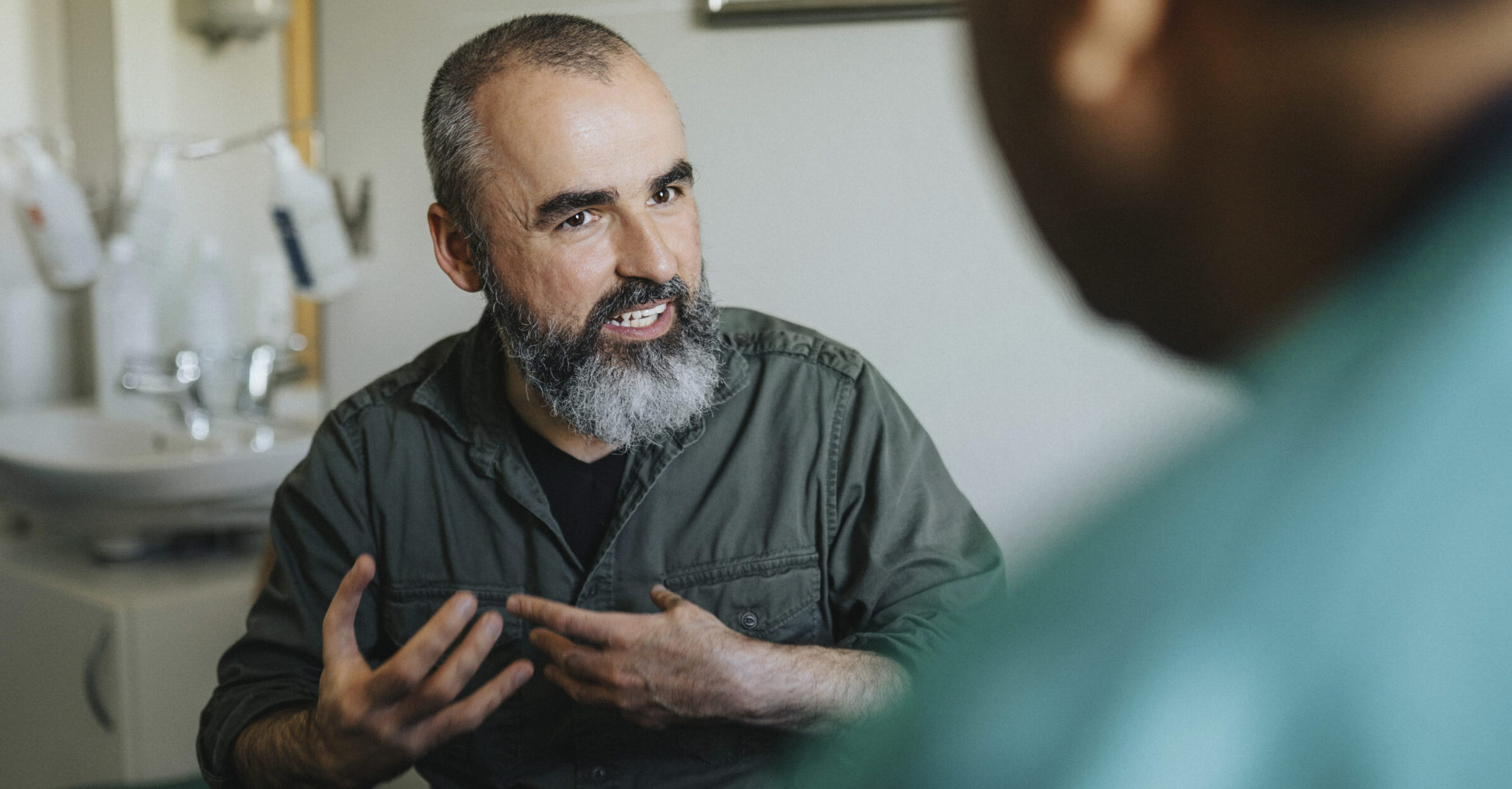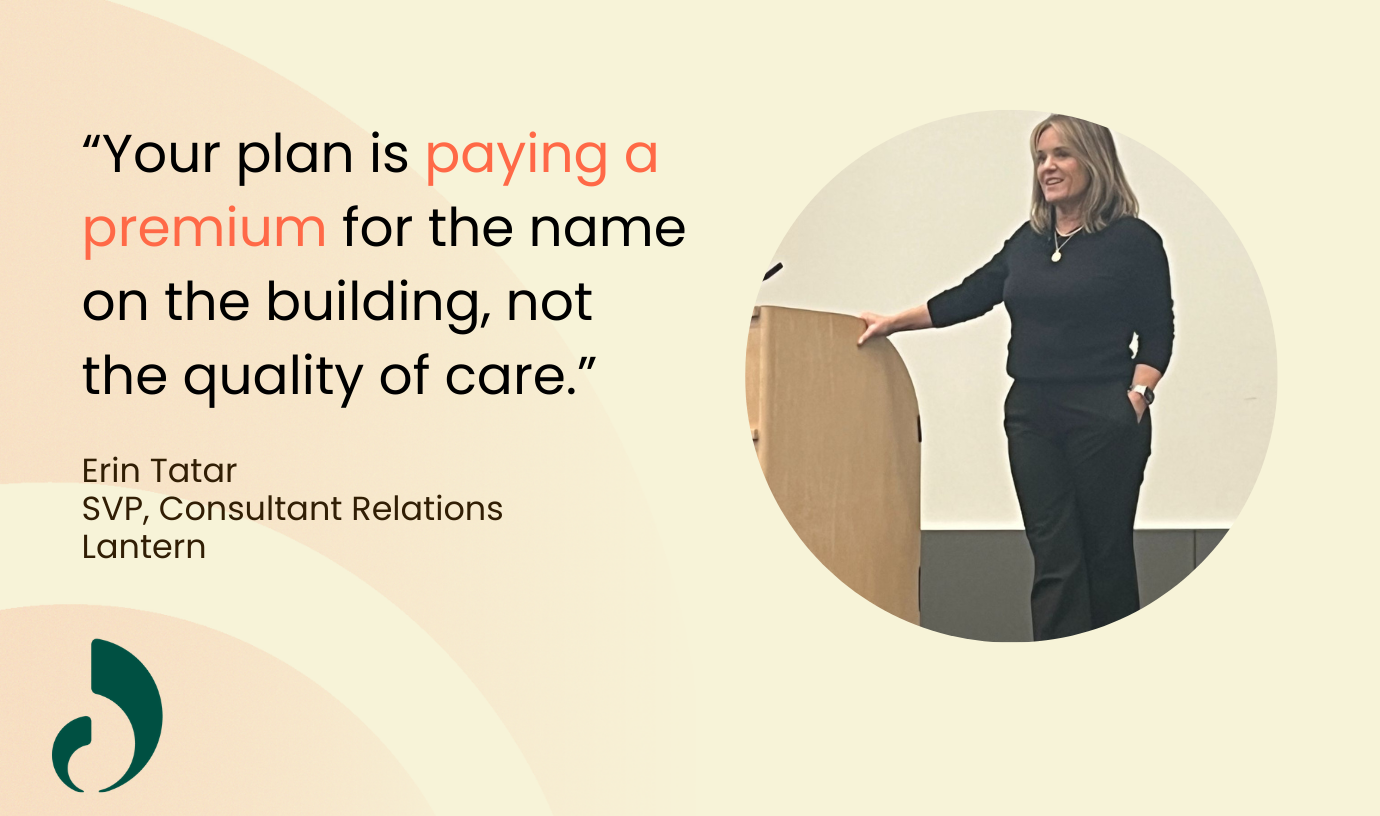Cancer care and treatment are more complex than ever. While breakthroughs are extremely valuable for patients, it’s not straightforward to quickly get on the ideal treatment path.
This complexity creates challenges for benefits leaders who want to ensure employees can, most importantly, get the right care. Preventing cancer from progressing is also crucial to managing rising cancer costs–and it starts with ensuring employees have the correct diagnosis and best treatment plan.
Sometimes, an initial diagnosis is incorrect. Over 12 million diagnostic errors occur annually in the U.S., with one in three causing serious patient harm. Up to 11% of the five most common cancer types are misdiagnosed.
In other cases, patients may not receive the most up-to-date treatment recommendations because they change rapidly. This can especially be an issue if a patient doesn’t have access to a specialist in their particular cancer.
Cancer care management solutions that include second opinion services and expert reviews of treatment plans can help ensure employees are receiving the right care at the right place at the right time.
Second-opinion services are especially important because:
- Cancer misdiagnosis is more common than you might think. Getting the wrong diagnosis delays care–and in cancer, time is of the essence.
- Employees may be unsure how to get a second opinion, even if they’re interested. Some may feel uncomfortable talking to their oncologist about seeking another opinion, and others may be unsure if their insurance would cover it.
- Cancer care is complex. Getting expert eyes on a treatment plan ensures it follows the latest guidelines.
Helping employees avoid misdiagnosis
Cancer is one of the most rapidly advancing areas of medicine, making it difficult for oncologists to stay up to date on the latest treatment guidelines and causing variance in expertise across cancer types.
Yet, one study found 84% of people who received a cancer diagnosis never sought a second opinion on their treatment plan.
A second opinion can spotlight overlooked details in the initial evaluation, helping employees avoid unnecessary treatments or, even worse, a misdiagnosis. Unfortunately, diagnostic errors occur far more frequently than most people realize.
A study by Johns Hopkins Medicine found around 795,000 Americans die or are permanently disabled by diagnostic error each year. Further, the study notes that vascular conditions, infections, and cancers—referred to as the Big Three—account for 75% of the serious harm.
An incorrect cancer diagnosis, whether a false positive or a false negative, can cause significant repercussions for employees. They may undergo unnecessary surgeries, chemotherapy or other treatments that have severe side effects and long-term health impacts.
A false diagnosis can result in the cancer progressing to a more advanced and less treatable stage. Delays in treatment lower survival rates and reduce the chance of successful treatment.
Emily Wentz, an oncology nurse and Director of Case Management at Lantern, says she recently helped a patient who was told in the ER she had an aggressive cancer, based solely on imaging, and needed immediate surgery to remove a mass. After getting a second opinion, the patient found out the mass wasn’t cancerous at all.
“She had this very scary experience of being told she definitely had cancer, but there wasn’t enough information to make the diagnosis,” Wentz says. “We were able to reassure her from the beginning and say, ‘This is a possibility, but you need more information. There hasn’t been a biopsy, and there’s so much more information to be gained before you can have that diagnosis.’”
Our Oncology Nurse Navigators connect members with virtual second-opinion services, such as City of Hope, to expedite and simplify the process of getting another set of eyes at critical moments like these.
The benefits of treatment plan review
A comprehensive cancer care management solution should include seeking a second opinion from an oncologist and reviewing treatment plans for all members to ensure they’re getting the right treatment once their diagnosis has been confirmed.
Treatment plans should be based on National Comprehensive Cancer Network (NCCN) guidelines, Wentz says.
According to the NCCN, the guidelines “are the recognized standard for clinical direction and policy in cancer care and are the most thorough and frequently updated clinical practice guidelines available in any area of medicine.”
“Unfortunately, many patients are misdiagnosed, and then they’re put on the wrong treatment for the cancer they actually have,” Nicki MacManus, SVP, Lantern, says. “By aligning their treatment with NCCN guidelines, we make sure they have the right diagnosis, and they get the right treatment.”
Over 1,700 clinicians and oncology researchers from the 33 institutions developed the NCCN guidelines. The guidelines currently provide management decisions and interventions for 97% of all cancers impacting employees in the U.S.
“If you ask any cancer doctor if they’d want a second opinion after being diagnosed, everyone would say they want a second-opinion review,” MacManus says. “Yet, the reason they’re underutilized is oftentimes employees just don’t know they have the option.”
Help employees feel confident about treatment
Once treatment starts, having access to additional support outside of your regular oncologist continues to be helpful. Many appointments are only 30 minutes long, which isn’t always enough to ask all of the questions that come up.
“We focus very heavily on education,” Wentz says. “Because the more informed of a patient you are, and the more you understand about your diagnosis and treatment options, the more empowered you can be as a patient to make your own healthcare decisions.”
Wentz says employees who engage with a cancer care navigator love the personalized experience and appreciate having an advocate in their corner. She says some employees reach out to her after speaking with their oncologists to ensure Wentz approves of the course of treatment before moving forward.
“We want to empower you to have conversations and say, ‘I’d like to try something different,’ Wentz says. “If we can educate the patient about their different treatment options, they can make better-informed decisions about their own care. We have patients who call our nurses their angels because we’re really there for them from start to finish.”
The value of a cancer care partner
Navigating the cancer journey is complex. Having a partner who understands the ins and outs of cancer care and navigating the system proves highly beneficial, from seeking a second opinion to getting help navigating treatment side effects.
Lantern provides employees with end-to-end care navigation, second-opinion reviews of treatment options and access to NCI-designated centers and community oncology clinics across all 50 states. Employees receive support early in the process to validate their diagnosis and ensure the treatment plan follows the latest NCCN guidelines.
“You’ll be paired with an oncology nurse like myself, and we’ll be with you every step of the way, from diagnosis to treatment to survivorship,” says Claudia McClanahan, a Lantern Oncology Nurse Navigator.
Benefits leaders are often the first person employees contact after they receive a cancer diagnosis. With a comprehensive cancer care management solution that includes access to treatment plan reviews and second opinion services, you can feel confident your employees know their options and are on the best care path for them.




